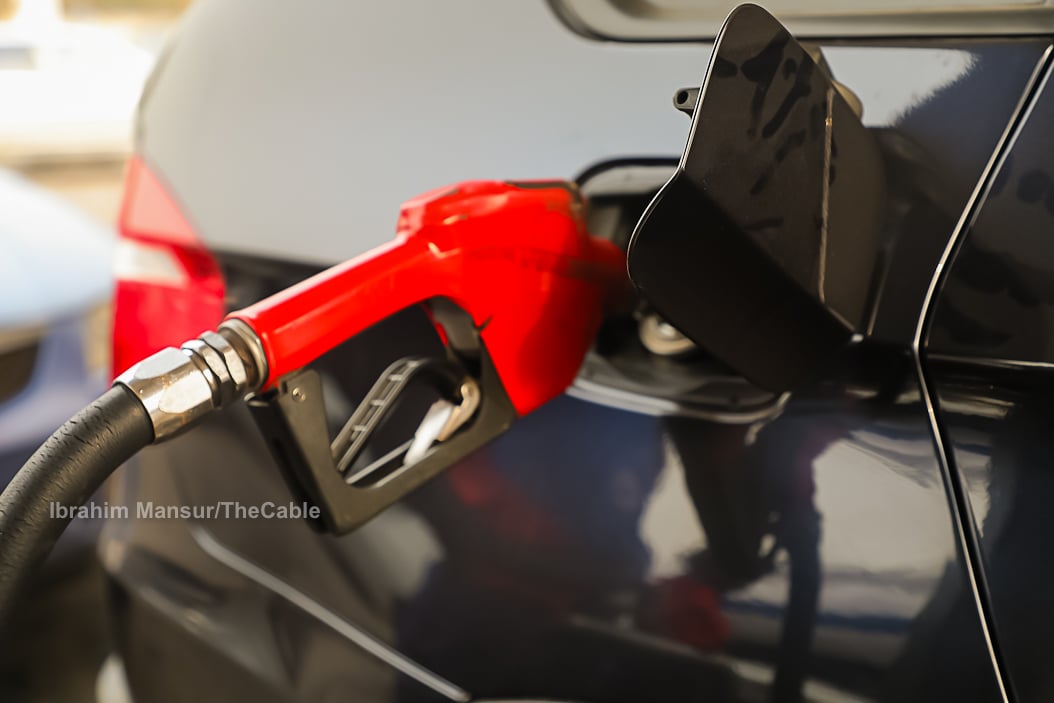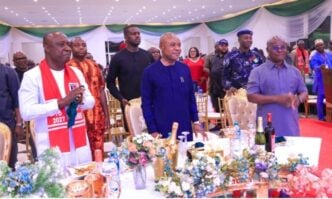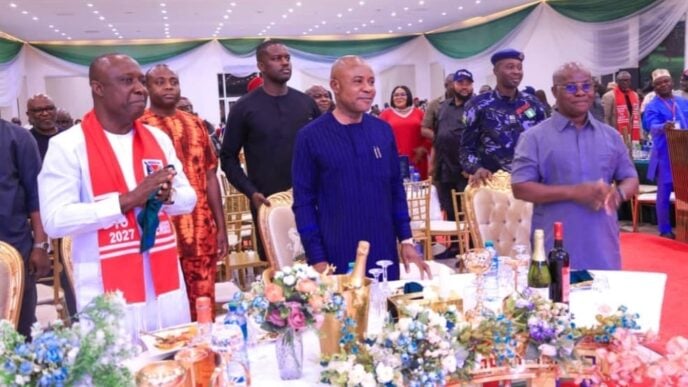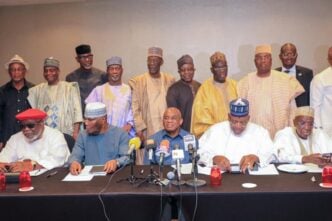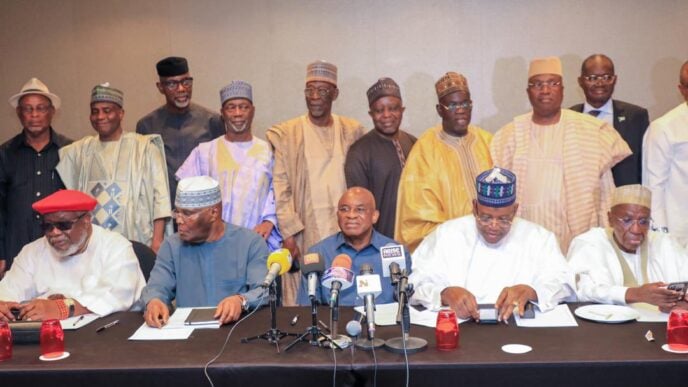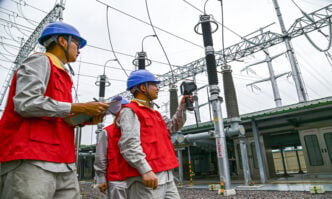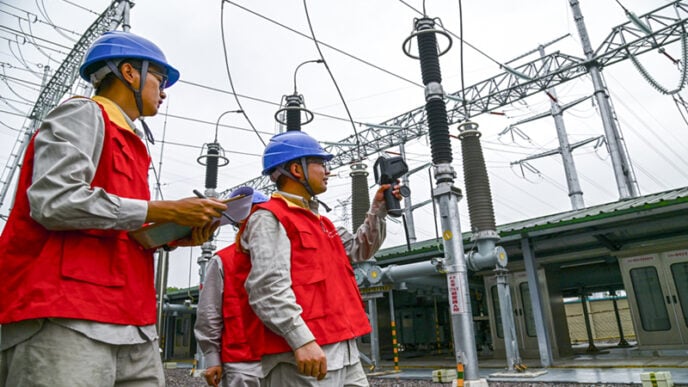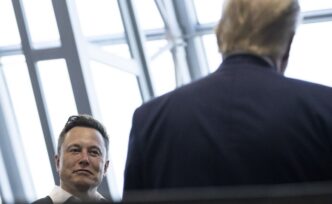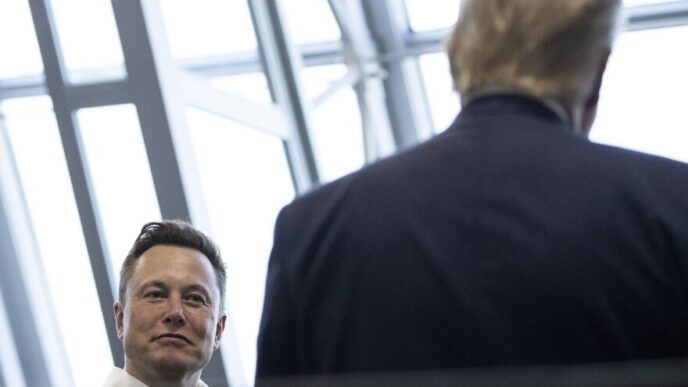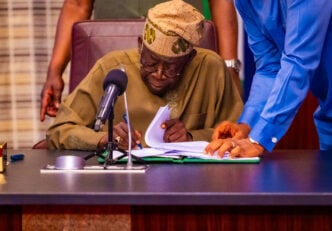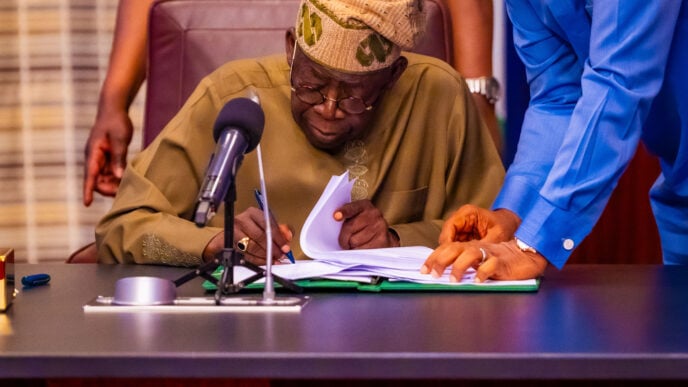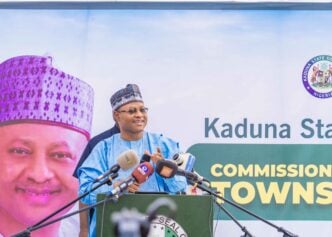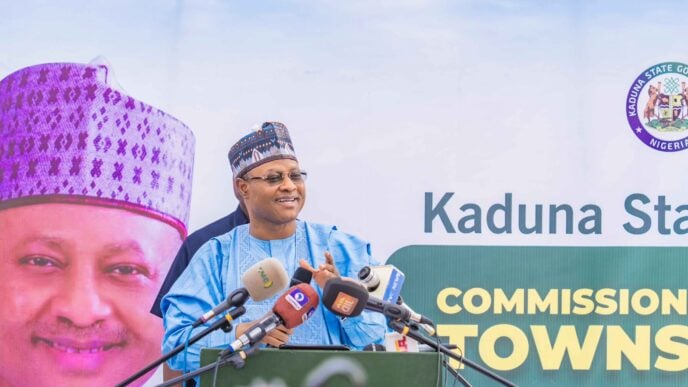If anyone had told me a few years ago that Nigeria, Africa’s most populous nation and the sixth-largest oil producer in the world, would one day become a place where the price of petrol would dictate not just economic stability but the emotional sanity of its citizens, I would have laughed it off as pure fiction. How can a country so blessed with crude oil be so strangled by the cost of its by-product?
But that fiction has become our national reality. And it’s a bitter pill to swallow.
There was a time when life was not this hard. A time when petrol was sold for ₦87 per litre, and we didn’t realise we were sipping from Paradise. I remember boldly walking into any filling station and saying, “Give me full tank.” The payment would come with ease. The balance? Often a tip for the pump attendant. There was peace. There was predictability. We never imagined a future where just fueling your car would require deep reflection, calculations, or even borrowing.
Today, many Nigerians can’t afford to say those words anymore. Instead of “full tank”, what you hear now is “Give me ₦2,000 fuel,” which barely pushes the needle.
Advertisement
Transporters are parking their buses. Companies are downsizing because generator fueling is no longer sustainable. Farmers can’t move their produce to cities. Inflation is rising. Hopes are falling.
Yet this did not happen because Nigeria ran out of oil. It happened because of policy decisions, economic hardship, and a lack of compassionate intervention at critical moments.
This piece is not to apportion blame. It is to chart a way forward, one that is patriotic, logical, and achievable.
Advertisement
A QUESTION OF POSSIBILITY, NOT PITY
This is not about asking for miracles. It is about demanding what is possible and what is just. We are not asking for free petrol. We are saying that in a country that refines its crude oil locally, in a country with the largest single-train refinery in the world built by a son of the soil, Nigerians should not be punished at the pump.
We believe firmly and without apology that with sincere collaboration between the Federal Government, Aliko Dangote, and all stakeholders in the energy sector, Nigerians can buy petrol for ₦500 or less.
Not as a favour. Not as a handout. But as a rightful return on our God-given resources.
Advertisement
DANGOTE: THIS IS YOUR DEFINING MOMENT
Let’s talk frankly. Aliko Dangote, a name that towers over African enterprise, is at a critical intersection in his life and legacy.
We know Dangote. We’ve watched him rise from an ambitious businessman to a global industrial giant. We’ve heard of his shrewdness, his mastery of market dominance, and his drive to eliminate competition. Osogbo Steel, Savannah Sugar, and several other firms disappeared under his sheer market strength. But now, that Dangote of fierce acquisition must give way to a Dangote of national compassion.
Because today, Dangote doesn’t need to prove anything to anyone again. God has blessed him. He is immortalised in the world of business. But what he does now with the Dangote Refinery will determine how posterity remembers him, not just as the richest African, but as a redeemer of a suffering people.
Advertisement
We know the refinery was built with massive capital outlay, largely with loans that must be repaid. We are not naïve. But can Dangote moderate his margins, even temporarily, for the sake of millions? Can he allow the refinery to operate on low profit but high purpose, to give Nigerians a breather?
It is not about charity. It is about humanity. If Dangote uses this refinery to crash petrol prices, his name will be spoken in homes not with envy, but with prayers. In towns, villages, and cities, he will be remembered not as the man who made money, but as the man who made a difference.
Advertisement
TINUBU: YOU HOLD THE STEERING WHEEL
President Bola Ahmed Tinubu made a courageous choice to remove fuel subsidy. It was a step previous administrations shied away from. But courage must be matched with compassion.
Advertisement
Boldness without a human face becomes a burden. The deregulation may have been economically correct, but without adequate buffers, it became socially cruel.
This administration must stop watching from the balcony while citizens struggle below. Now is the time for decisive leadership. Government must step into active negotiation with Dangote and other independent refiners to:
Advertisement
Remove logistical bottlenecks.
Provide preferential forex access for domestic refining.
Cut down multiple taxation and regulatory levies.
Incentivise local distribution chains to make petrol accessible and affordable.
Let this administration be remembered for turning the tide. Let them act now, not in the third or fourth year of the tenure, but now, when Nigerians need help the most.
Because if this government cannot bring petrol below ₦500 in its first term, chances are, it never will.
If this administration fails to deploy every ounce of its economic wisdom and political will to address the deepening hardship and frustrations in the land, it should brace itself for an all-out electoral revolt in 2027. Nigerians, battered and exhausted, will not hesitate to declare war on Tinubu’s government at the ballot box. Their votes will become powerful weapons of resistance, wielded with a vengeance against broken promises and failed policies. A government that neglects the cries of its people should prepare to face their collective fury, a democratic uprising that could reshape the political landscape and send a resounding message that the era of impunity and empty rhetoric is over.
WHY N500 OR LESS MATTERS
Reducing the price of petrol is not just about car owners. It’s about:
- The market woman whose goods are now twice as expensive due to transport costs.
- The school teacher who spends half her salary on commuting.
- The small-scale baker who uses petrol to power his oven and now struggles to buy flour.
- The barber, the tailor, the vulcaniser, the hawker, and the student, all feeling the weight of a litre of petrol priced like gold.
The ripple effect of affordable petrol is transformational. It will:
Lower food prices
Stabilise transportation
Reduce inflation
Boost local businesses
Give Nigerians a renewed sense of hope
As the Yoruba say: “Bí oúnjẹ bá kúrò nínú ìṣé, ìṣé búṣé”; once hunger is removed from poverty, suffering becomes tolerable.
IN CONCLUSION: LET HISTORY REMEMBER
History will not remember how much money you made. It will remember how many lives you saved, how many burdens you lifted, how many times you stepped in when others stayed silent.
Let Dangote step in. Let Tinubu act. Let stakeholders unite. Let petrol return to sanity.
Let us buy petrol for ₦500 or less, not just because we want it, but because Nigeria needs it. Yes, we deserve it.
Tooki is an editor, public analyst and public relations expert
Views expressed by contributors are strictly personal and not of TheCable.

